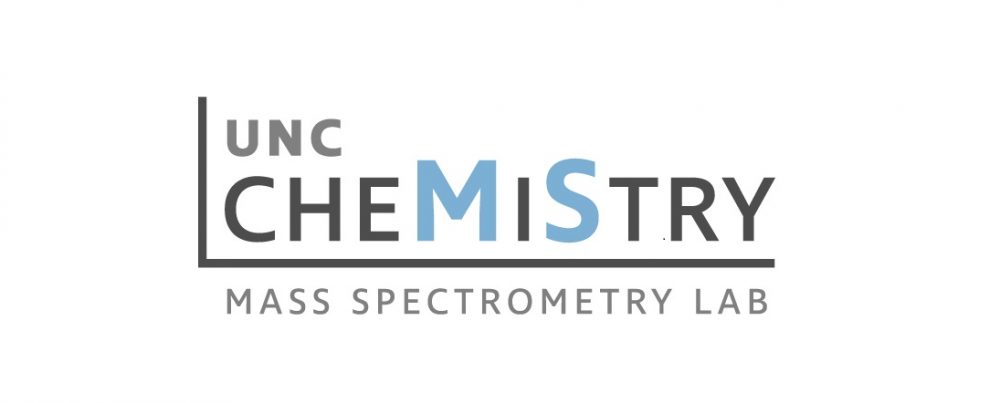Training Requests
All training request must be submitted as a service request in our online billing system, iLab. For directions on how to establish an iLab account, please see below.
Sample Submission
Samples should be submitted directly to Dr. Ehrmann in Caudill 052. If she is not available during your desired drop-off time, please place the samples in the file holder located on her office door. All samples must be accompanied by a service request in our online billing system, iLab. For directions on how to establish an iLab account, please see below.
Please consult with Dr. Brandie Ehrmann, 919-962-6813, before sending samples for MS analysis.
No radioactive samples will be accepted.
Fill out sample submission form under the service request tab completely. You need only to complete one service request per submission; however, you must disclose sample information about all submitted samples in a single service request. For service request with multiple samples, please download, complete, and attach (upload) the Multiple Sample Submission Form to your iLab request.
The more information you provide about the sample pre-analysis, the higher quality your mass spectrometry results will be.
LC-MS and/or GC-MS samples should be in plain, clear 1.5 mL polypropylene Eppendorf tubes or clean glass vials, scintillation vials are NOT preferred. Dried samples are preferred over solubilized.
Please refer to the suggested guidelines for sample submission below. Also, helpful descriptions about sample analysis options can be found on the “Sample Analysis” page.
If your project is proprietary and/or confidential, please contact Dr. Ehrmann to discuss a Mutual Non-Disclosure Agreements and other legal documentation.
When submitting samples, please follow these guidelines for each type of sample that you would like us to analyze.
Electrospray Ionization – ESI
Samples can be either liquid or solid. Samples submitted in solution should be dissolved in suitable solvent at a concentration of 100 µM. Solvents must be specified, or solubility information should be provided. Solvents recommended are methanol and acetonitrile. Solvents that should be avoided are DMSO, THF, and DMF. All buffers and salts should be avoided.
Liquid Chromatography-Mass Spectrometry
Our laboratory standard is a C18 column, 50 mm length, 2.1 um particle size. Our laboratory operates with pre-established solvent gradients for general separations. More customized and ion specific gradients can be utilized if user request alternate conditions. If you seek non-C18 based separations, the user must provide the HPLC column and HPLC conditions such as solvent gradient, flow rate, et cetera.
